962-7983-18423+
24/7 دعم
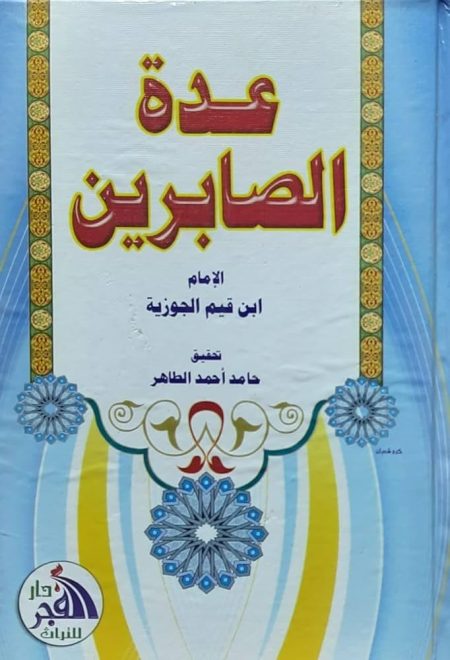
The book explores the meaning, essence, and levels of patience, demonstrating its impact on self-purification and facing trials. It connects patience to faith, inner conviction, and practical conduct, employing a profound and persuasive style based on reasoned argument and contemplation.
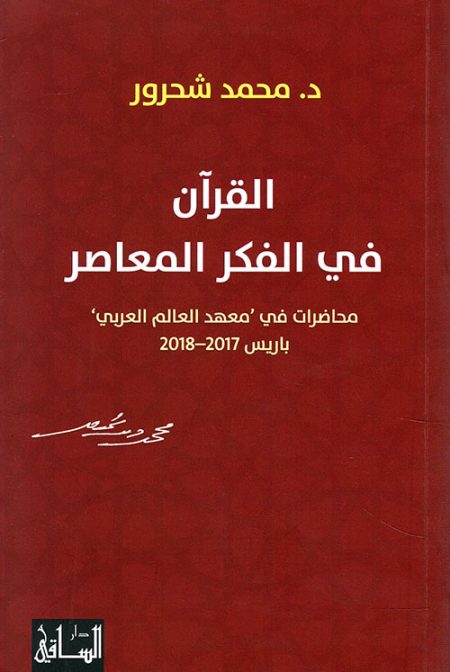
This book presents a contemporary reading of the Holy Quran, aiming to reinterpret the religious text beyond traditional interpretations, through a rational approach that connects faith with modern human thought.
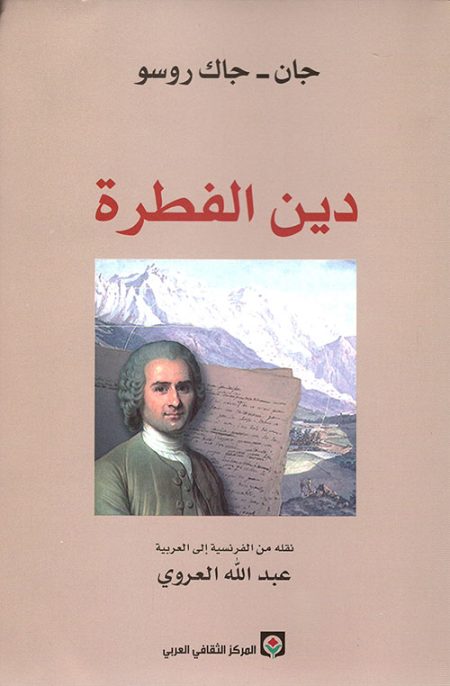
This book explores the innate foundations of faith as experienced by humankind, free from complexity, and offers profound reflections on the spiritual and moral nature that guides humanity toward truth and inner certainty.
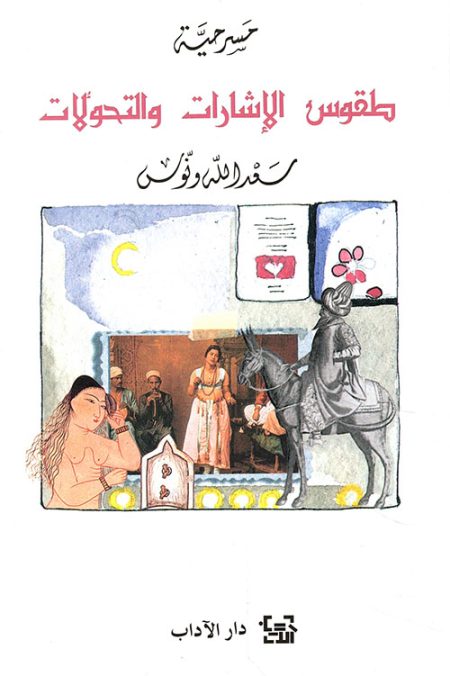
This profound theatrical text explores the struggle between humanity and authority and society through bold psychological and intellectual transformations, revealing the contradiction between the apparent and the hidden in human behavior. It addresses issues of freedom, oppression, and the desire for change in a powerfully symbolic style.

It presents a vision of the nature of legitimate authority and how it is founded on the collective will of the people. It discusses the concept of civil liberties and the necessity of everyone’s participation in formulating the laws that govern them.
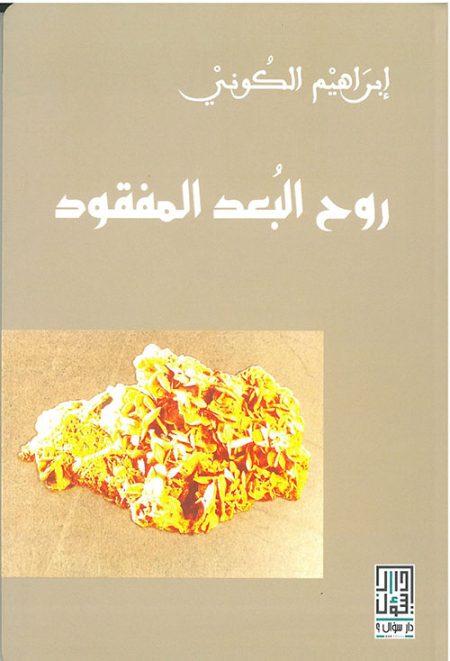
This book contemplates the essence of humanity and its profound relationship with existence, revealing a continuous spiritual search for meaning in a world torn by shadows. It explores the hidden dimension of the human soul through symbolic language and philosophical reflections.
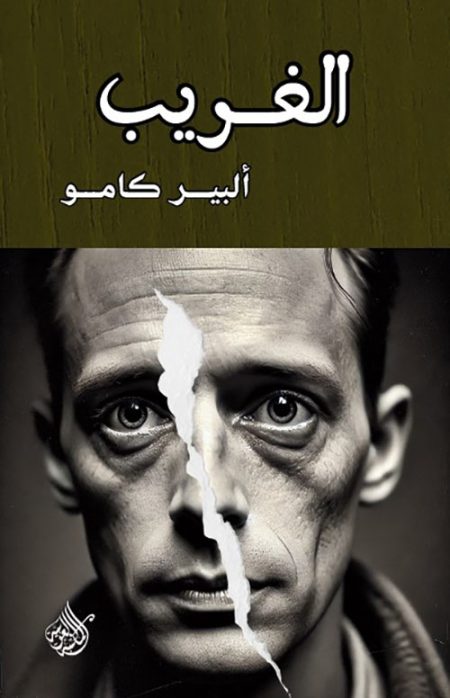
An existential tale that follows a character living on the margins of social emotions, facing the world with coldness and harsh honesty, to reveal the absurdity of life and the individual’s clash with prevailing values through a pivotal event that leads him to trial and isolation.
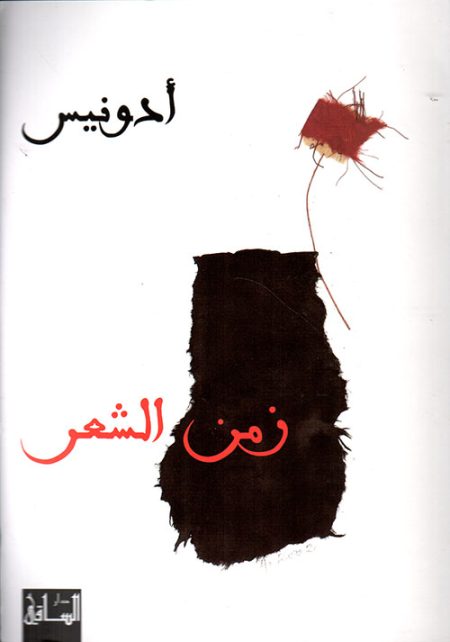
This intellectual study explores the essence of poetry and its role in understanding humanity and the world, re-examining the relationship between language and creativity. The work offers a profound philosophical vision of poetry as a constantly evolving intellectual and cultural act.
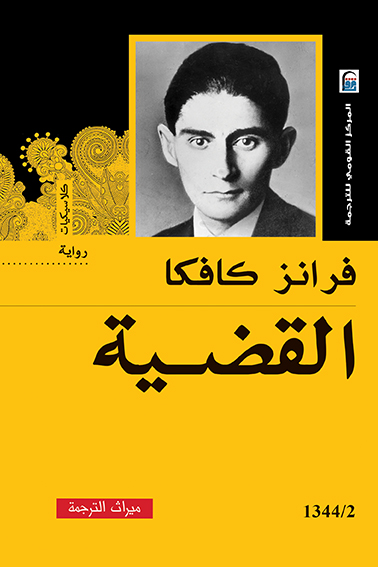
It’s the story of a man who finds himself accused without knowing his crime, gradually sinking into a labyrinth of mysterious procedures and incomprehensible authorities, where anxiety and absurdity become part of his daily life, and justice becomes a distant and elusive concept.
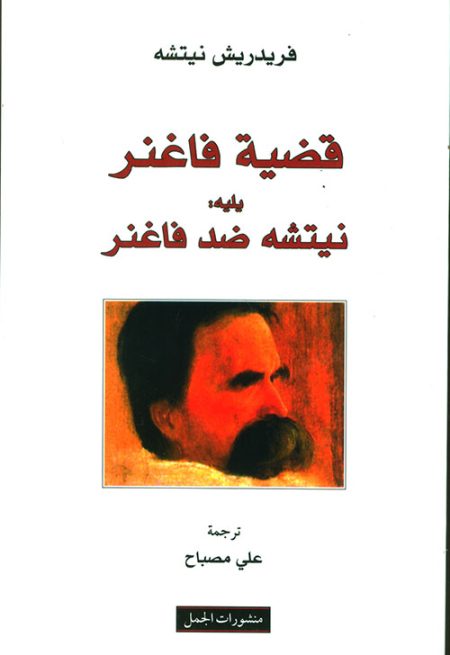
A sharply critical text that deconstructs the relationship between art and thought, offering a confrontational reading of the role of music and artistic genius in shaping values and culture. It reflects a deep intellectual struggle about beauty, power, and cultural identity in the modern age.
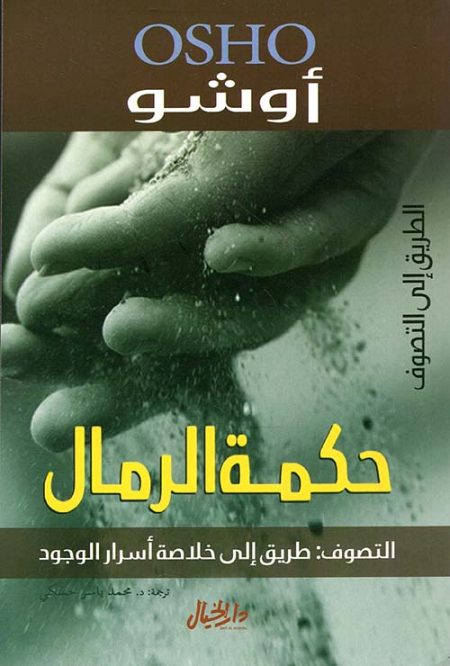
This book explores an inner journey of self-discovery through meditation and deep awareness, offering philosophical and spiritual reflections on the meaning of freedom and presence in the moment. It aims to liberate the mind from mental constraints and open the door to a more peaceful and expansive life.
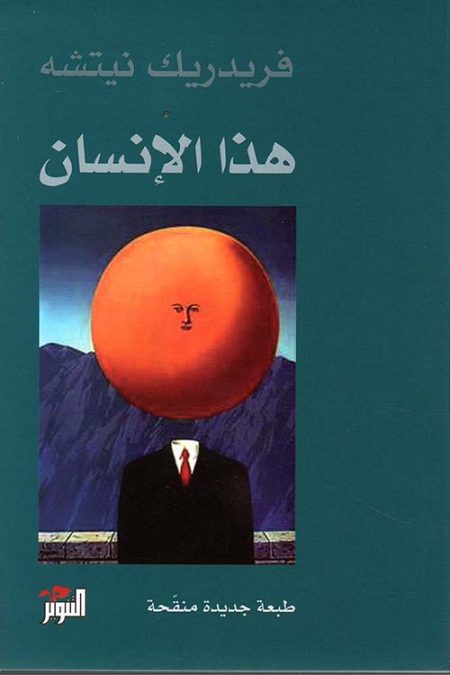
This bold, reflective text offers a personal reading of thought and life, in which the author reveals his vision of humanity, values, and morality in a sharp and direct critical style, combining autobiography with philosophical contemplation.
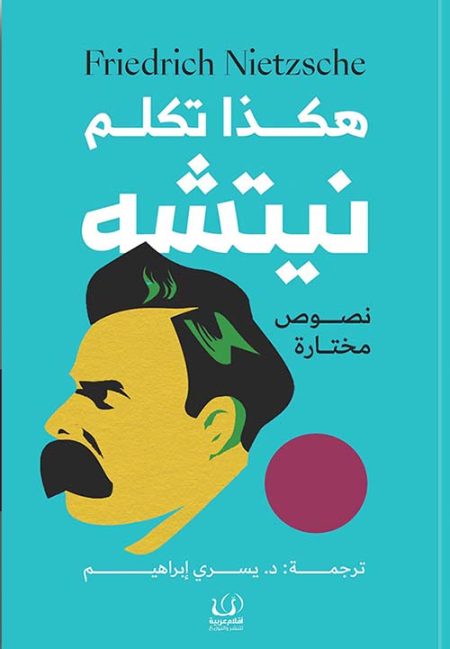
A philosophical and intellectual text written in a dense literary style, based on reflection, critique, and a re-examination of prevailing values. It invites the reader to think freely and transcend moral and social assumptions through symbolic and sharp language.
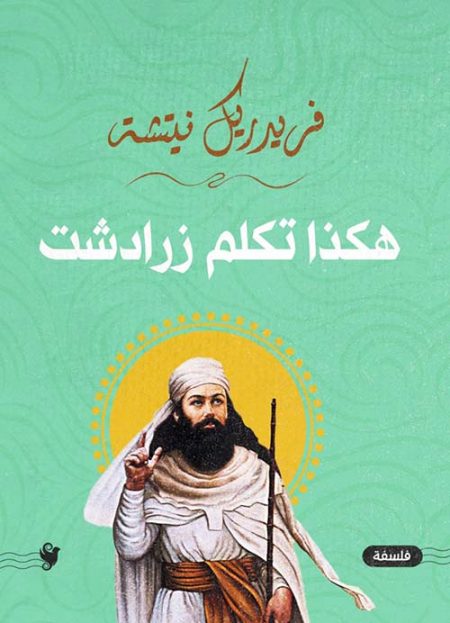
An intellectual journey that contemplates humanity and the meaning of inner strength, and calls for liberation from the constraints imposed by traditional values. A symbolic philosophical text that offers a different vision of life, humanity, and the meaning of greatness.
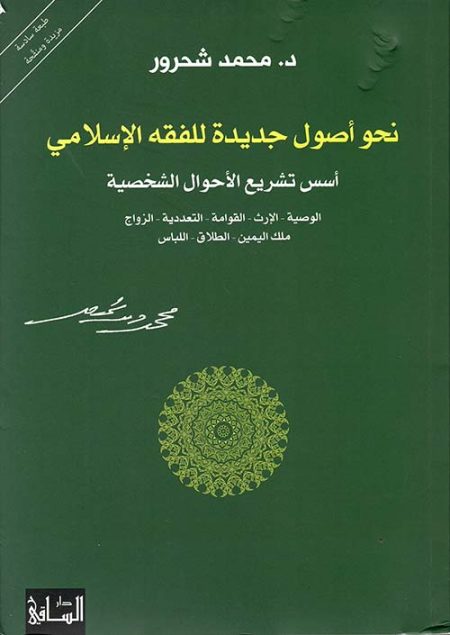
This book presents a contemporary vision for reformulating the foundations of Islamic jurisprudence, focusing on developing the principles of personal status legislation to align with the demands of the modern age and social justice. The text combines jurisprudential analysis with constructive criticism of traditional practices.
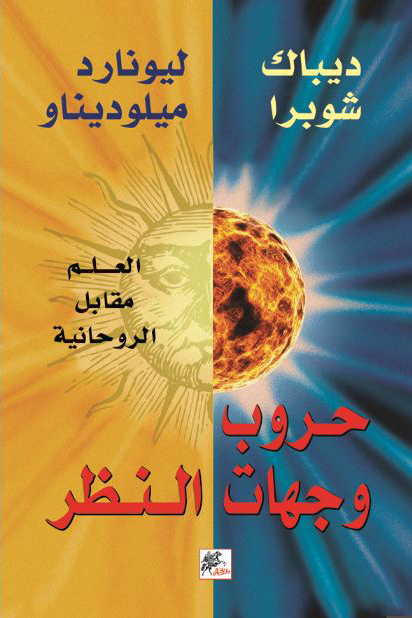
This book explores the clash of ideas and how different beliefs and perspectives influence the behavior of individuals and societies. It offers a philosophical and developmental perspective that helps readers understand intellectual differences and transform them into opportunities for rapprochement and inner peace.
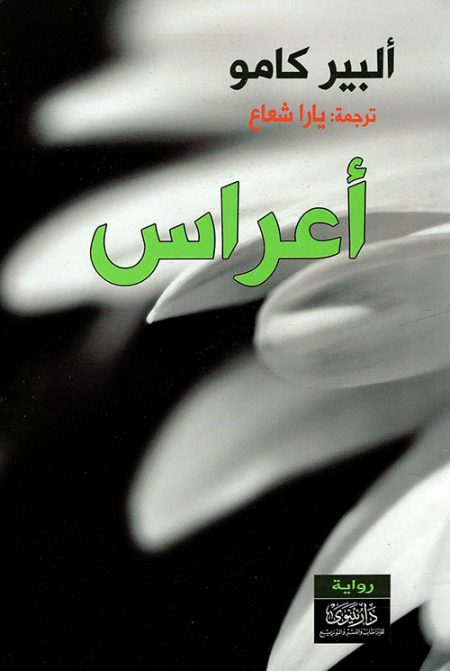
Reflective texts that celebrate life and human sensibility, blending nature, existence, and the great questions of meaning and freedom. Intense writing that springs from everyday experience to arrive at a profound philosophical vision of life and humanity.
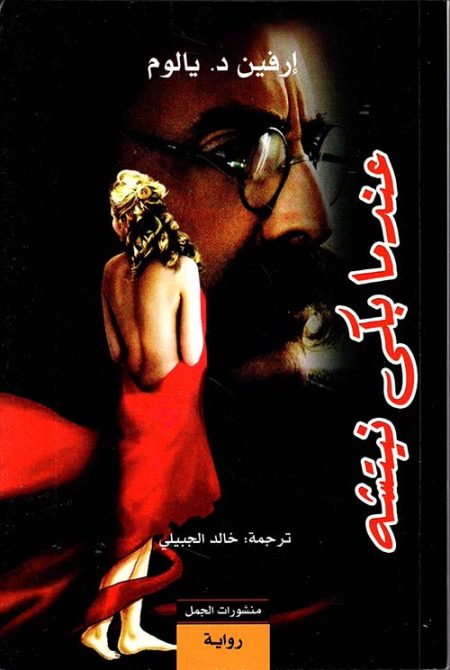
When Nietzsche Wept is a 1992 novel by Irvin D. Yalom, Emeritus Professor of Psychiatry at Stanford University, an existentialist, and psychotherapist. The book takes place mostly in Vienna, Austria, in the year 1882, and relates a fictional meeting between the doctor Josef Breuer and the German philosopher Friedrich Nietzsche. The novel is a review of the history of philosophy and psychoanalysis and some of the main personalities of the last decades of the 19th century, and revolves around the topic of “limerence”.